This Spring I went to China for this first time. After hearing stories about mobile apps not working and the inescapable government eye, I went expecting austerity and timidity. When I got to Shanghai, I was met with a glittering, frenetic metropolis - incredibly clean and surprisingly ostentatious. There were tall buildings with fast food restaurants on the tenth floor. There was a subway system spanning the city with frequent trains that always ran on time. There were waves of people walking dogs, chatting, and pushing their way into malls to come out with bags of luxury brands or surprise toys.
I also had the opportunity to go to Guilin. What Guilin lacked in infrastructure, it made up for in serenity and natural beauty. Arrowhead-shaped Karst mountains dot the landscape carved by the gentle Li River. I saw fields of yellow flowers in Yangshuo and steep rice terraces in Longsheng. The lush vegetation and clear waters left me doubting some of the narratives that we hear about China and their recklessness towards environmental conservation.
I was reluctant to leave. But I didn’t want to pull an Onijah Robinson. And I recognized that every place is better when you aren’t working. But I took with me some observations. In particular, here are six things that China is doing right and that I wish we had in the U.S.
1. Mobile Pay & Federated Apps
The thing I was most dreading about going to China was figuring out the payment situation. I heard that nobody takes cash, nobody takes credit card, they only use Alipay or WeChatpay. I downloaded both apps and couldn’t seem to add money to either. I imagined myself stranded, begging strangers to pay for my food in exchange for some filthy fiat.
But when I arrived, the apps magically worked! It turned out that while I wasn’t able to deposit money in my “account”, I was able to pay using my credit card connected to the apps.
After a few days, I whipping my phone out like a flasher in a shopping mall. It was so easy. Just open the app, open the camera, scan the vendor’s QR code, enter the amount, and done! I loved not having to deal with grimey cash or finding exact change. Everybody - from hotels, to taxi drivers, to vendors selling candied fruit on the sidewalk accepted mobile pay.
But these apps are so much more. WeChat can be used for messaging and sharing photos called “moments”. AliPay can be used to translate, check the exchange rate, book rideshare (DiDi), buy an eSIM, rent bikes, buy train tickets, make reservations, order food, read/write business reviews, watch C-dramas, and more. Businesses often have apps within AliPay, known as “mini apps”. If AliPay were the only app on your phone, you’d get by.
I found these centralized apps to be very convenient. No wondering which app to open. Just open AliPay and search for what you need.
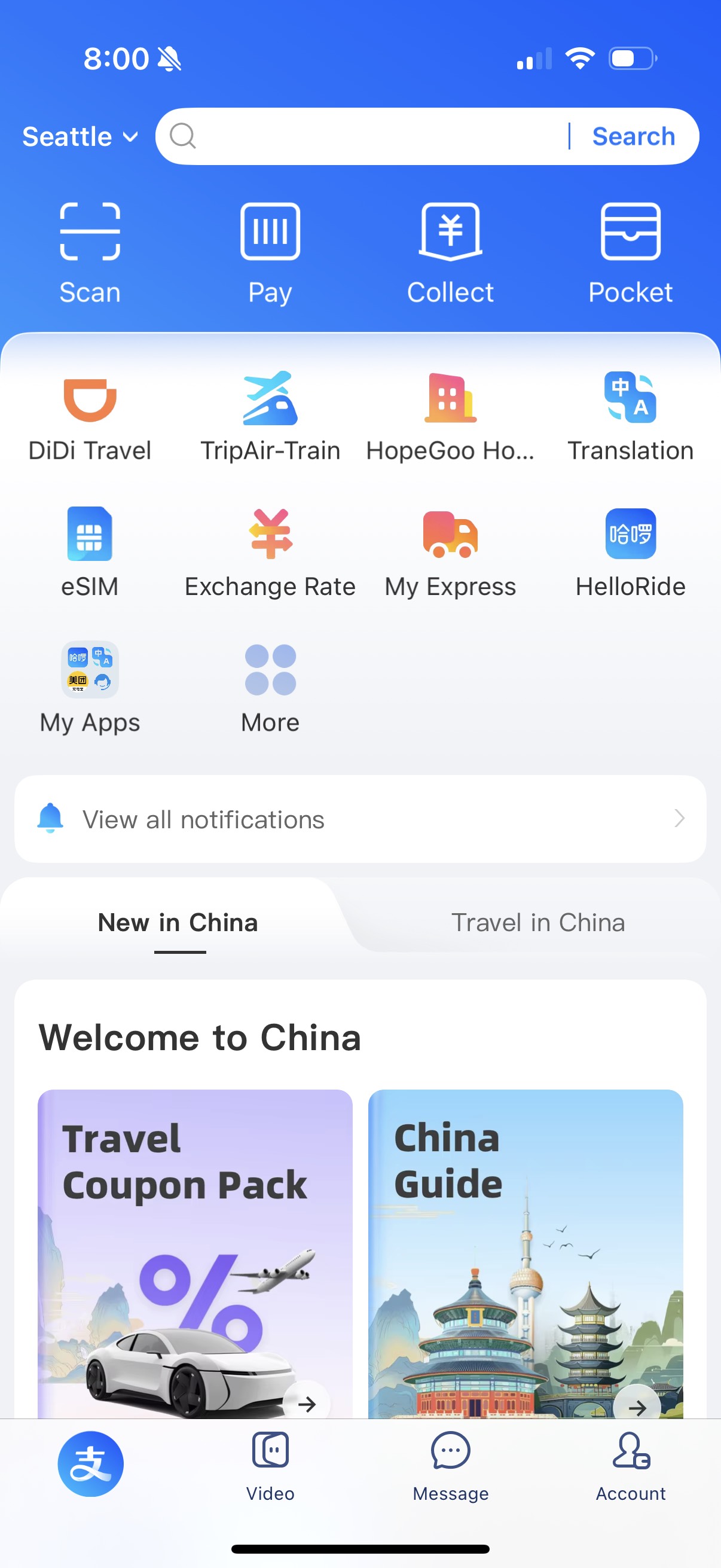
2. Power Bank Network
Almost every shop and restaurant in China has a yellow box filled with power banks. You can use (you guessed it!) WeChat or AliPay to rent one to recharge your electronic devices. Just open the app’s camera feature and scan the QR code on the box. A power bank will eject. The power bank has USB-C, lightning, and USB-micro cables. So, regardless of what phone you have, the power bank will likely fit it. You pay by time and return the power bank when you are done.
But what makes this system so brilliant is that you can return the power bank to any box location. And, as mentioned, these boxes are everywhere! So, you don’t have to return to the shop where you originally rented the power bank. Just go on your merry way and stick it back in any yellow box you see.
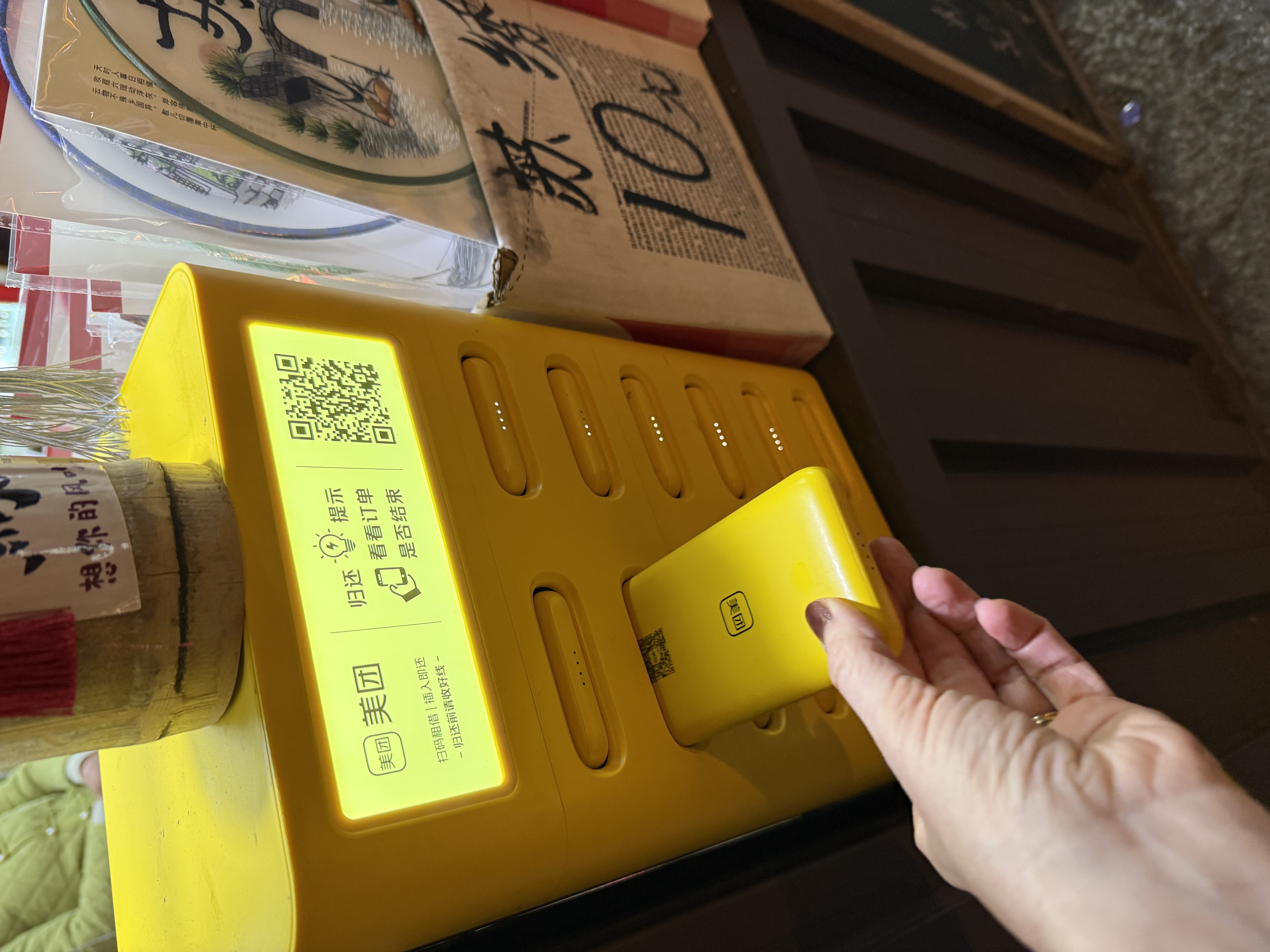
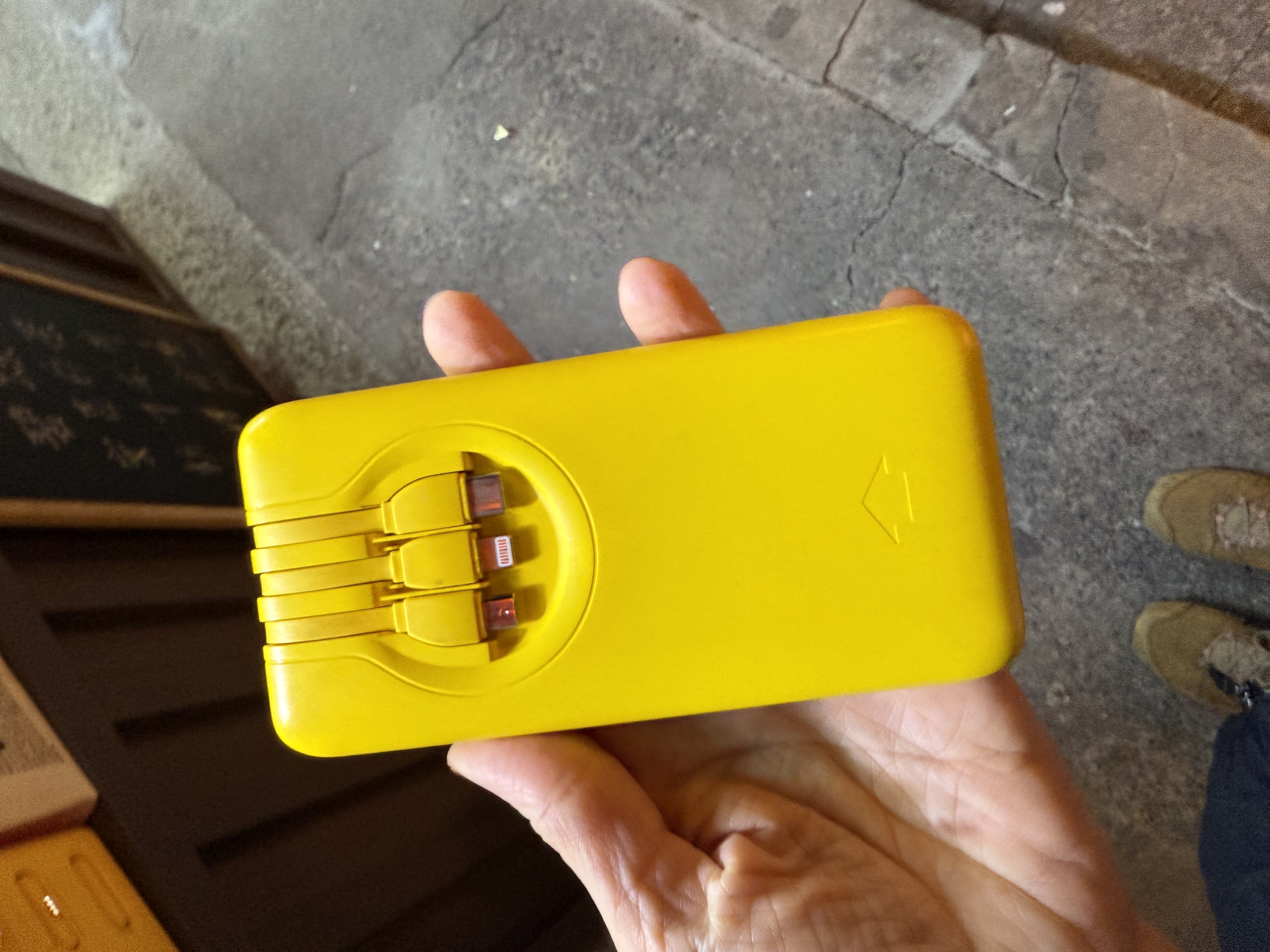
3. Walkability
You really don’t need a car in China. And that’s not happenstance. Rather, it’s the result of urban planning. Shanghai has ample sidewalks, often lined by attractive landscaping, and crosswalks galore. The crosswalks have countdowns, quelling the fear that you are stuck in a time warp and will be waiting at the crosswalk 5ever. Streets in popular shopping areas, like Tianzifang and Yuyuan, are blocked off to cars, making for an optimal walking experience.
If you need to travel a longer distance, the public transportation system can get you nearly anywhere. Shanghai has a comprehensive metro and bus system. And the country is connected by a nation-wide high speed rail system.
If you want to go by car, DiDi, the local rideshare company, is suspiciously cheap. I did notice that almost all of my DiDi drivers were in electric vehicles, so maybe that explains it? (I do hope the drivers are making livable wages). DiDi drivers do ask you for the last four digits of your phone number when you get-in. So, consider learning those numbers in Chinese. Or if you stare at them blankly like I did, they’ll eventually just start driving.
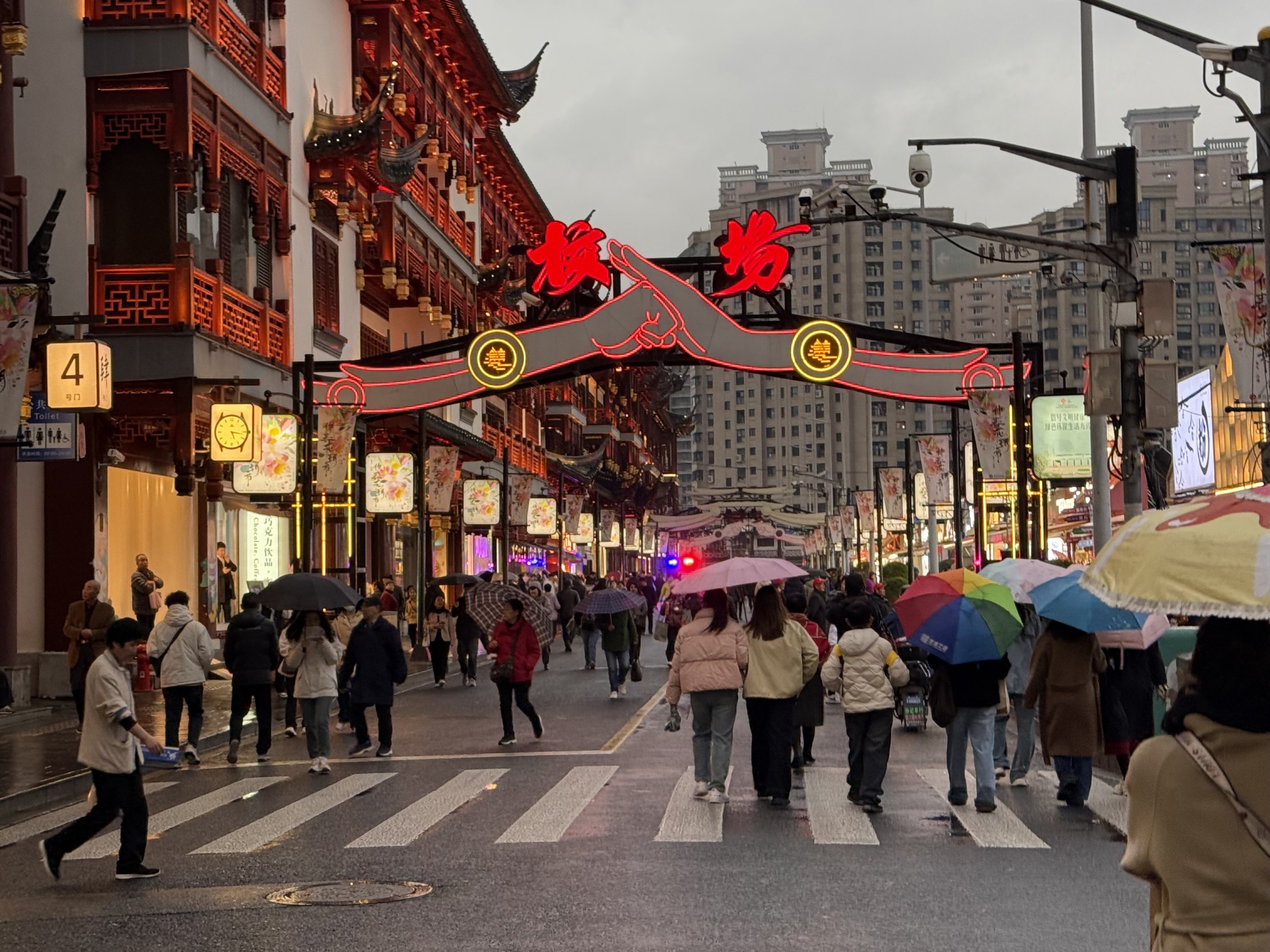
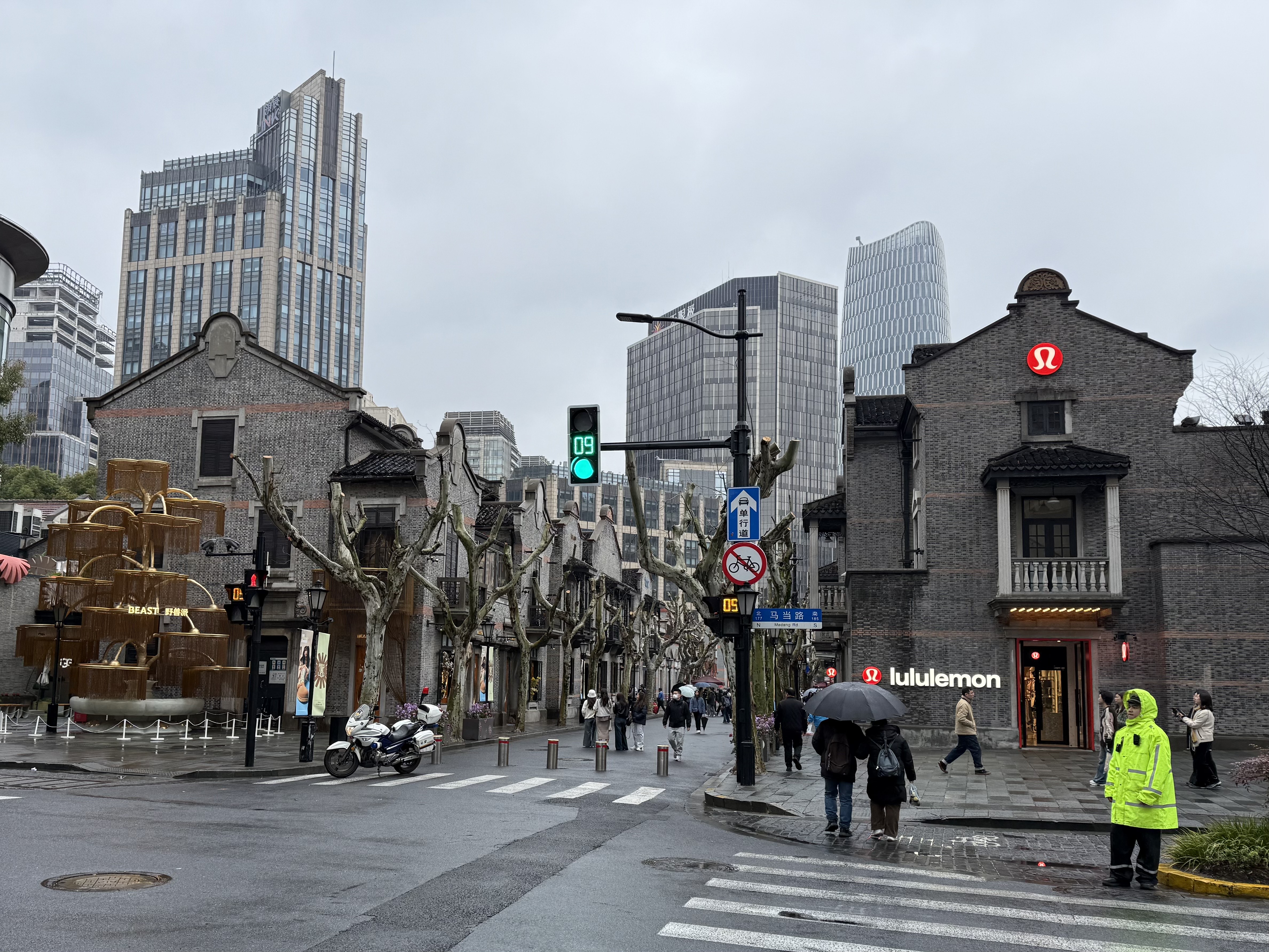
4. Water Refill Stations
Everywhere. Free. Hot and cold water. Bring a bottle.
Public bathrooms are also ubiquitous, free, and clean.
5. No Tipping
People do not tip at restaurants, salons, spas, taxis, etc. in China. Yet, somehow the service is still good. I don’t know enough about Chinese culture or society to posit a theory as to how these seemingly contradictory conditions can exist. But it certainly makes eating out more affordable and pricing more transparent.

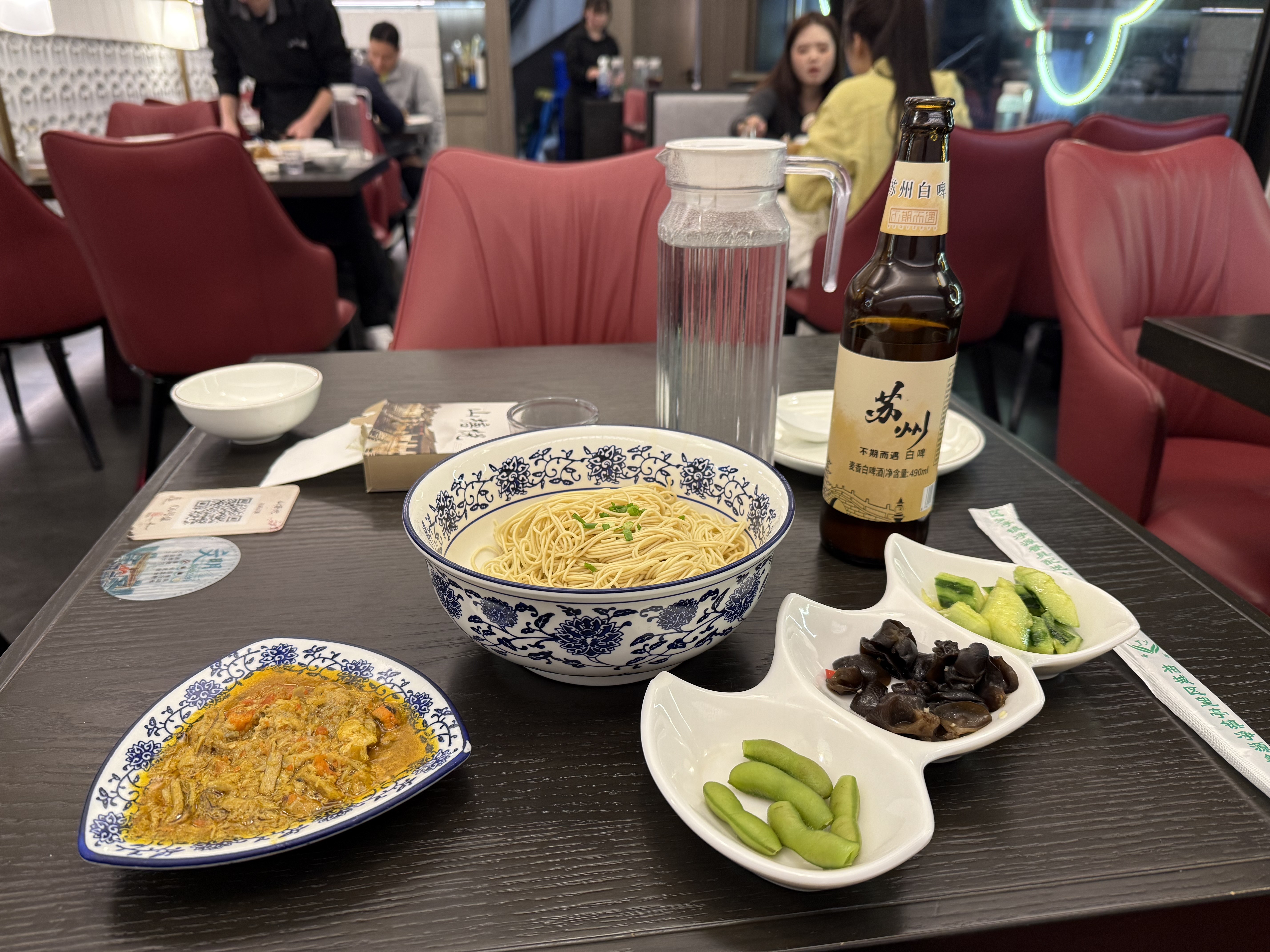
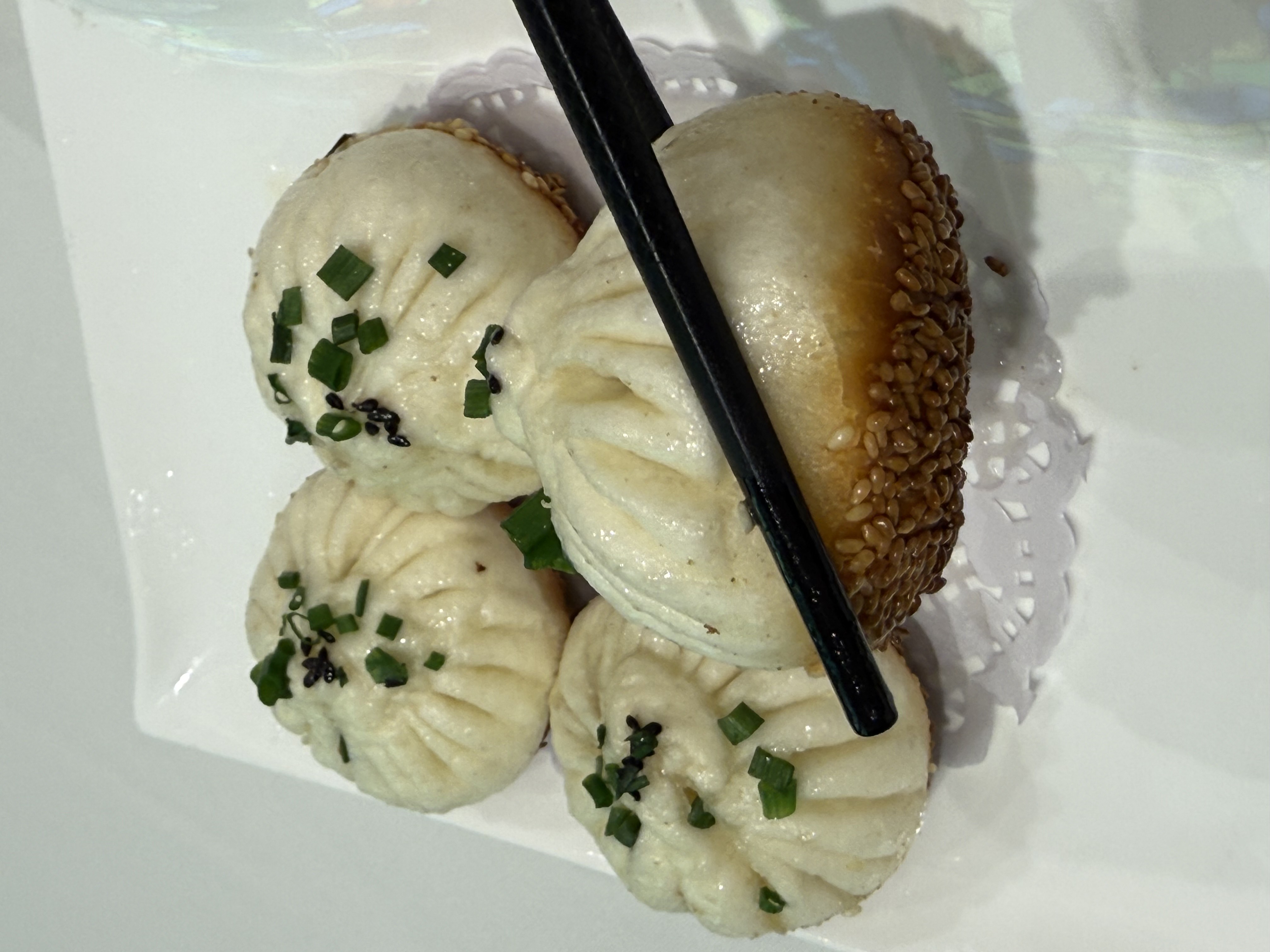
6. Safety
China just feels safe. I saw women walking alone at night, people leaving their bags on benches to run to the restroom, and shopkeepers barely keeping an eye on their wares.
I have been told that this is the result of the prevalence of cameras. Now, I understand this is a sensitive topic. Cameras can be a double edge sword. On one hand, you gain security, but on the other, you sacrifice privacy. I would personally be o.k. giving up some privacy to live in a country with one of the world’s lowest crime rates. But I haven’t thought deeply about the consequences of surveillance, and I’m being a little bit contrarian.
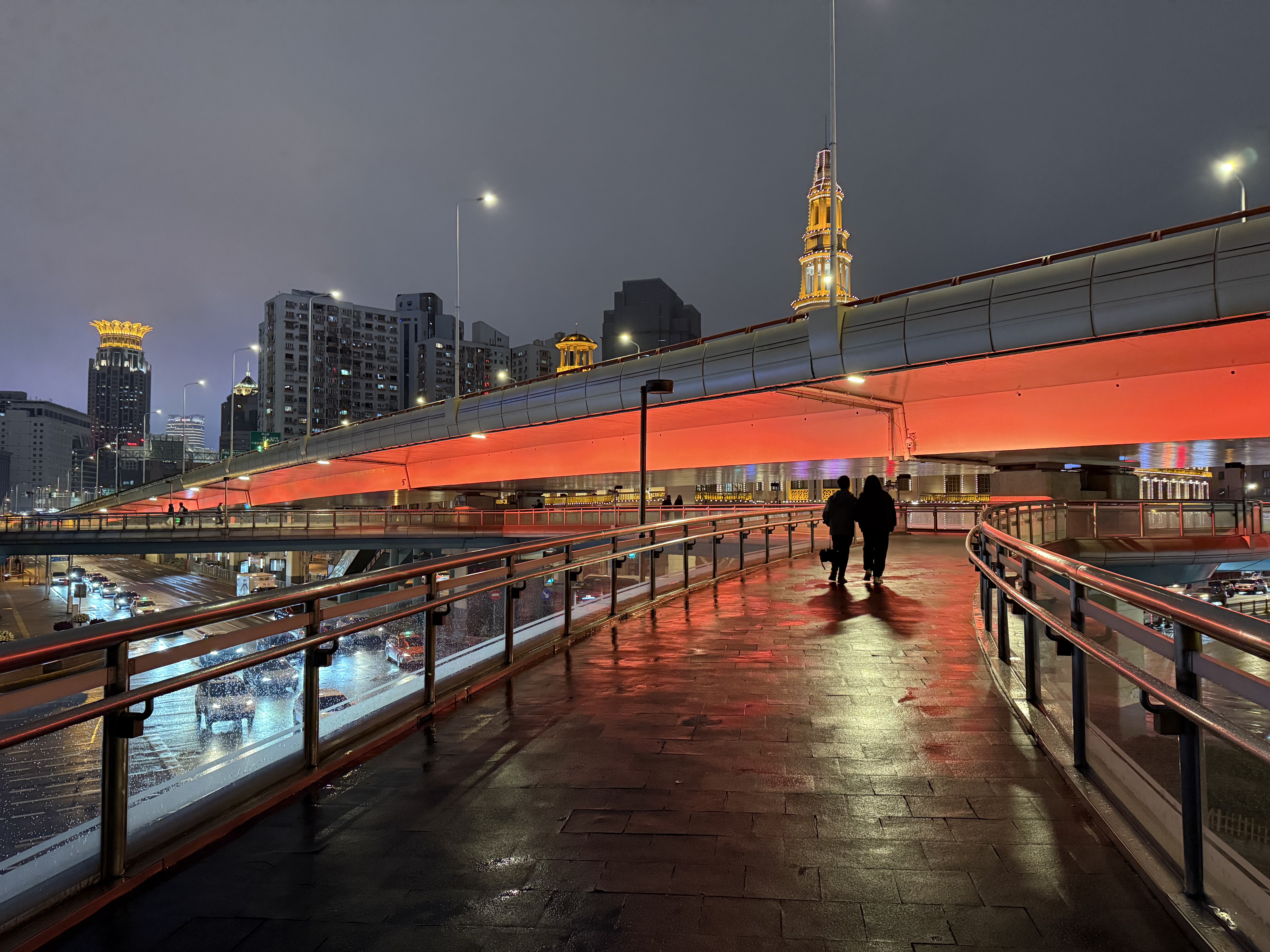
Now, I don’t want to give the impression that China is some paradise. There are ways in which China could learn from the U.S., as well. For example, spitting in public. Ick.
In conclusion, I wish I was still on vacation. There are so many places on my “to visit” list that I have yet to see, like Chengdu, Chongqing, Yunnan, and Harbin. I think it will take several trips to hit them all. But, I’m up for the challenge.
Comments